On May 13, the inaugural meeting of the new Academic Committee of the Capital Urban Environment Construction Research Base (the CUECR Base) and its first annual meeting of 2025 were successfully convened at the Zhongguancun Innovation Think Tank Center of our university. Professor Guo Guangsheng, Director of the University’s Academic Committee; Vice President Hu Liqin; Director of the Department of Scientific Research and Social Services Chen Hong; Director of the CUECR Base Meng Yuan; and Director of the School of Public Administration Hu Yonghui attended the event. All members of the CUECR Base and faculty representatives from relevant departments also participated. The meeting was hosted by Meng Yuan.
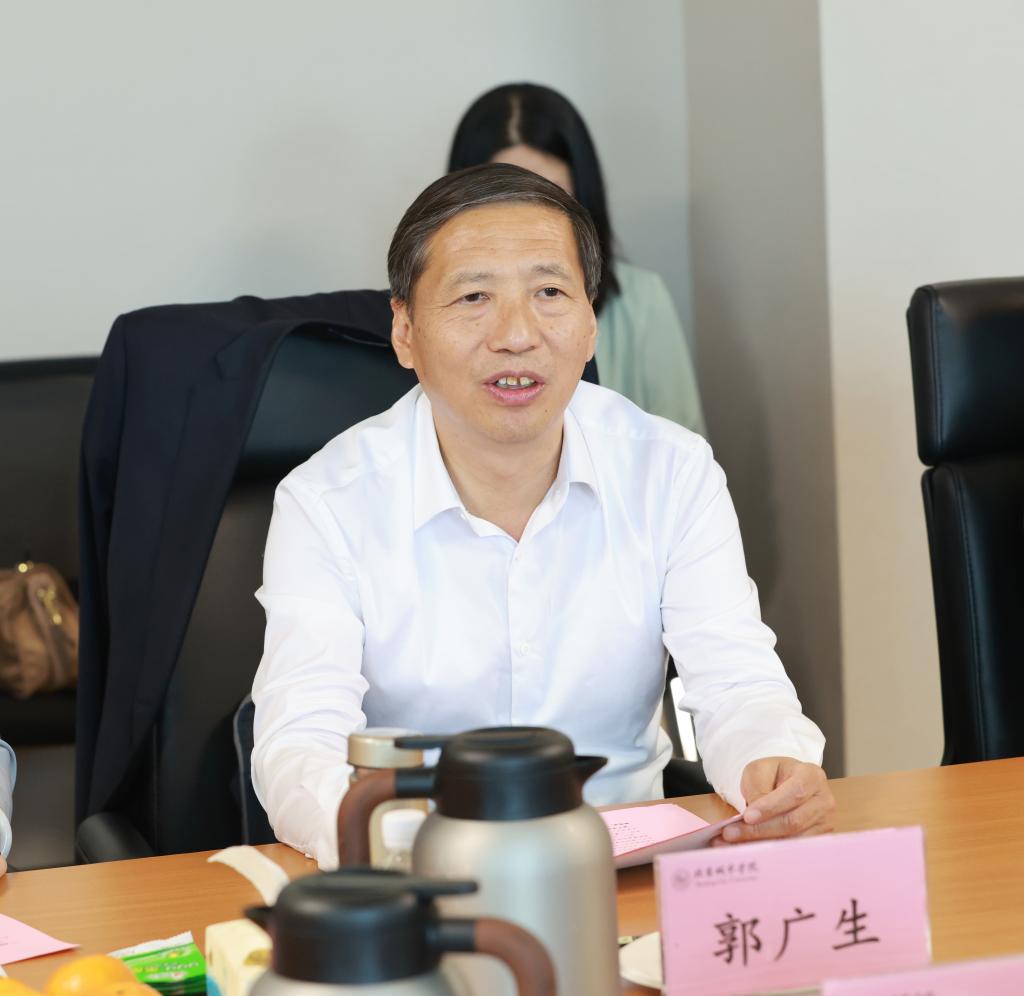
Guo Guangsheng delivered the opening remarks, officially announcing the the Base’s establishment of a new Academic Committee.
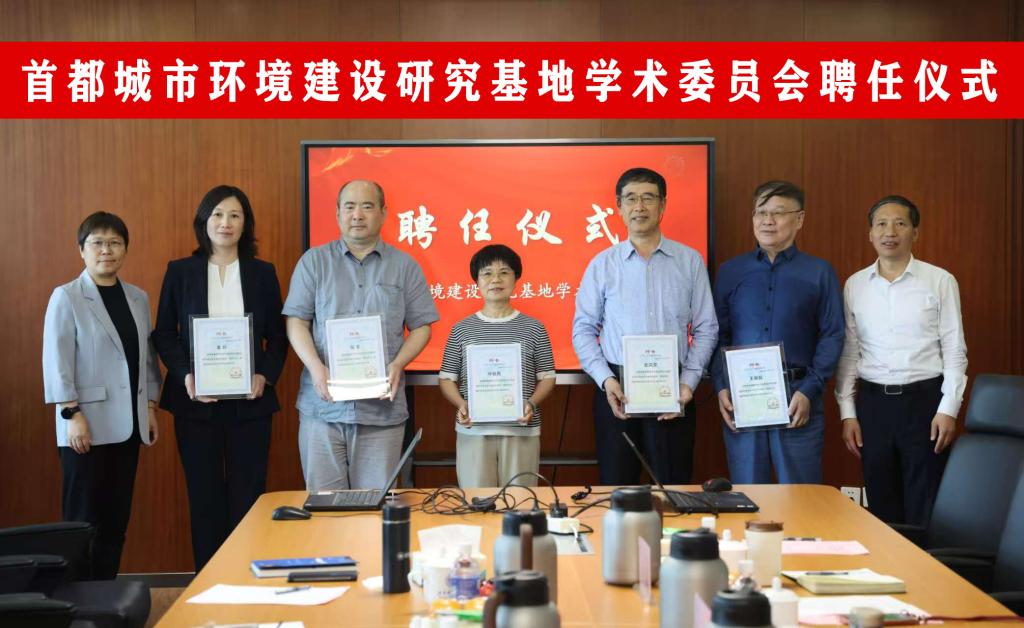
Together with Vice President Hu Liqin, they presented letters of appointment to the newly appointed committee members, including Professor Ye Yumin from Renmin University of China, Professor Lu Jun, Vice Dean of the School of Government Management at Peking University, Professor Zhang Fengrong from China Agricultural University, Professor Wang Deqi from Capital University of Economics and Business, and Professor Jiang Ling, Dean of the School of Government Management at Central University of Finance and Economics.
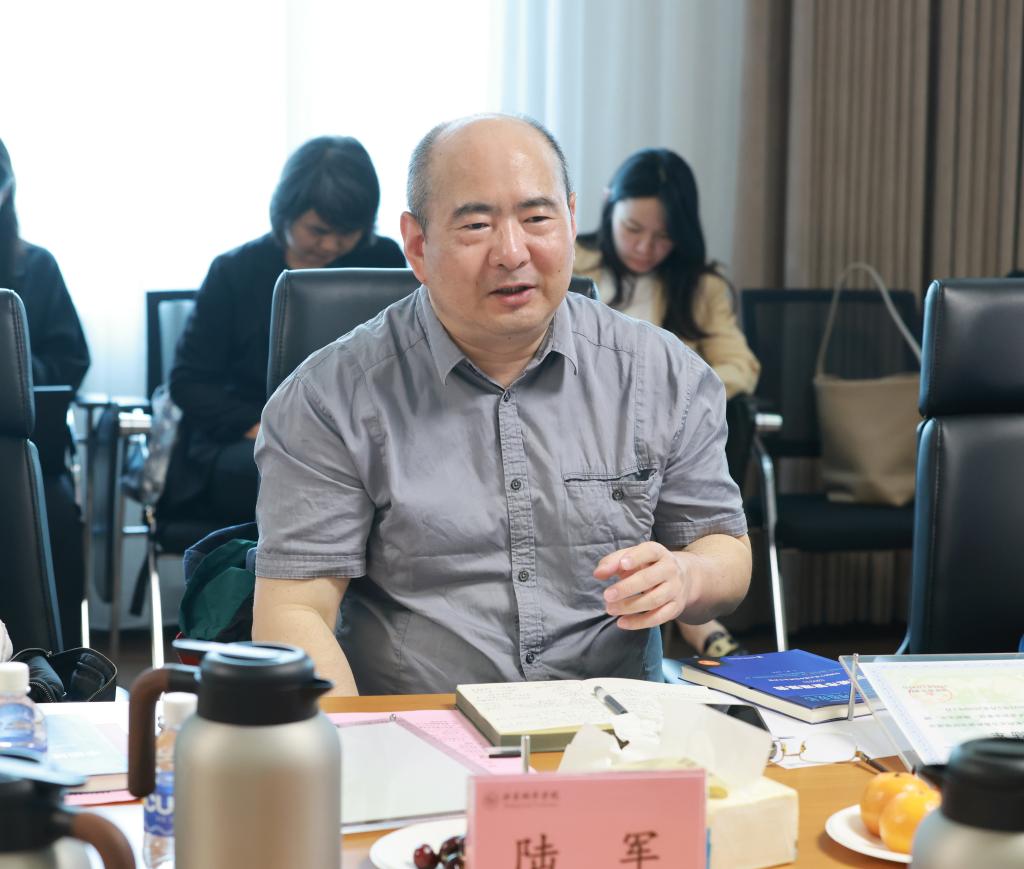
Professor Lu Jun delivered a keynote lecture entitled “Reflections on the Shifts and Transformations in China's Urban Governance in the Coming Phase”, which explored the standards for urban governance modernization, China's achievements in this field, along with the associated risks, challenges and future directions. His presentation provided attendees with both theoretical depth and practical insights.
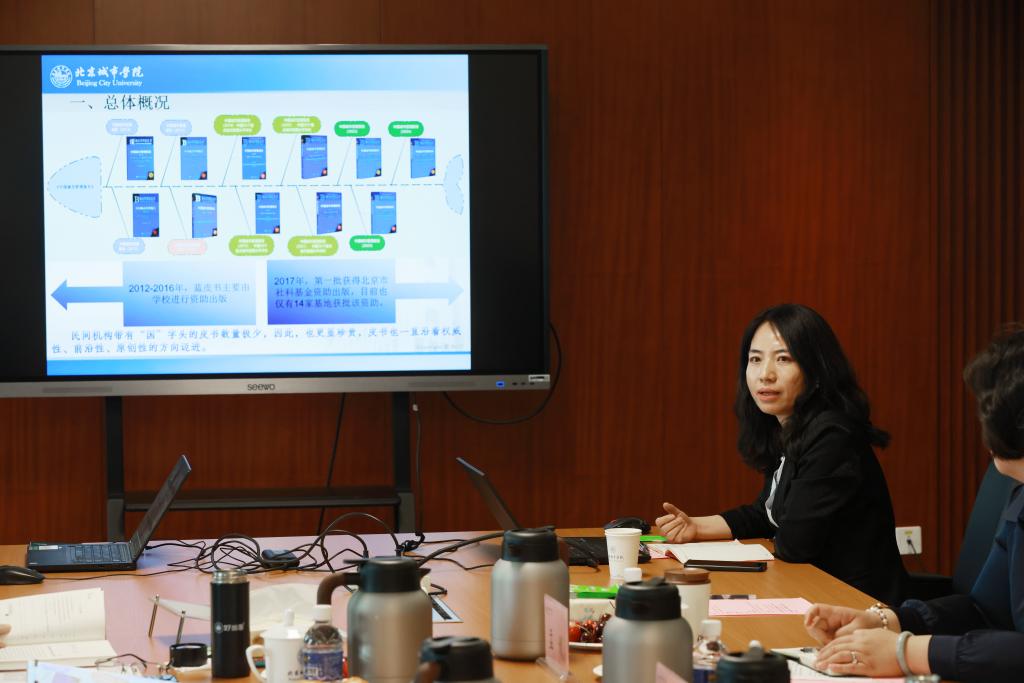
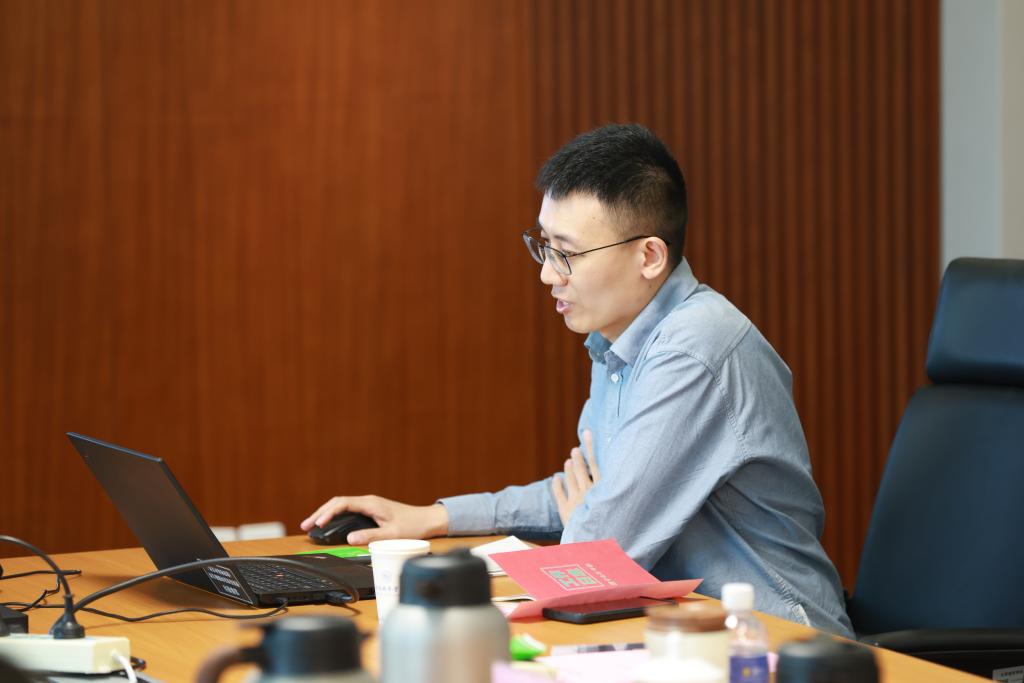
Researchers Ji Wenyan and Cui Xuegang from the Base presented a comprehensive report on their major achievement, China’s Urban Management Report (Blue Paper). Their presentation reviewed the publication's accomplishments and limitations while outlining potential directions for future research topics. Committee members offered valuable suggestions, emphasizing that research should maintain its focus on diverse aspects of urban governance, with particular attention to identifying and addressing critical issues to provide actionable policy recommendations for both the capital and urban governance nationwide.
In his concluding speech, Guo Guangsheng articulated a clear vision for the Base's future development. First, he emphasized the need to fully leverage the Academic Committee's expertise to refine the Base's research agenda in alignment with the evolving demands of the capital's developmental priorities in the new era. He also stated the requirements for the Base to cultivate its unique academic identity by defining a clear developmental positioning and refining its research directions. Second, he noted that the research base must remain closely attuned to Beijing’s practical needs, actively engage with local governance issues, and work toward meaningful, actionable solutions that support the city's sustainable development. Third, looking ahead, he encouraged the base to continue innovating, integrating education, science and technology, and talent development within the field of urban governance, and contribute to Beijing’s high-quality development on behalf of BCU.
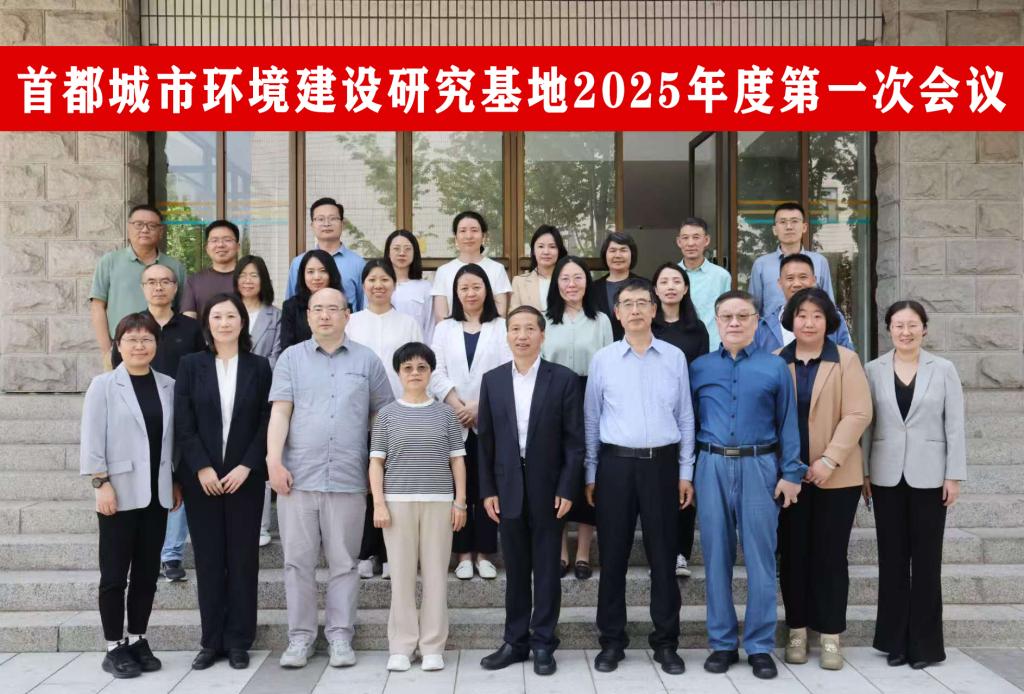
The successful convening of this conference not only established an important platform for academic exchange on capital urban environment construction but also provided new growth drivers for advancing the modernization of urban governance systems and capabilities.
